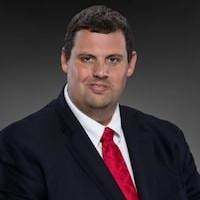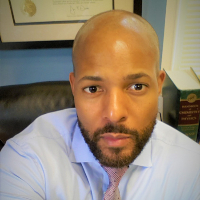Atlanta Juvenile Law Lawyer, Georgia
Sponsored Law Firm
-
 x
x

Click For More Info:
-
Wiseman Blackburn, LLC
1510 Drayton St Savannah, GA 31401» view mapCriminal Defense Dedicated To You
Wiseman Blackburn serves Atlanta, GA with Criminal and Divorce and Family matters.
800-622-5610
Cory Yager
Criminal, DUI-DWI, Misdemeanor, Felony, Juvenile Law
Cory Yager is a lawyer in Atlanta who focuses on Juvenile Crimes cases. He has tried cases involving expungement, traffic violations, solicitation, DU... (more)
Quinn Johnson
✓ VERIFIEDCriminal, Felony, Misdemeanor, Traffic, Juvenile Law
Quinn Johnson is the principle of The QUINN JOHNSON LAW FIRM, P.C. Our firm has earned a reputation of getting results on behalf of our clients thr... (more)
Aaron Scott Henrickson
Juvenile Law, Criminal, Personal Injury
Status: In Good Standing Licensed: 25 Years
Alexandra Catherine Cole
Real Estate, Motor Vehicle, Immigration, Juvenile Law
Status: In Good Standing Licensed: 13 Years
Amanda Leathers Dean
Juvenile Law, Domestic Violence & Neglect, Family Law, Children's Rights
Status: In Good Standing Licensed: 21 Years
 Jonathan Hunt Savannah, GA
Jonathan Hunt Savannah, GA



